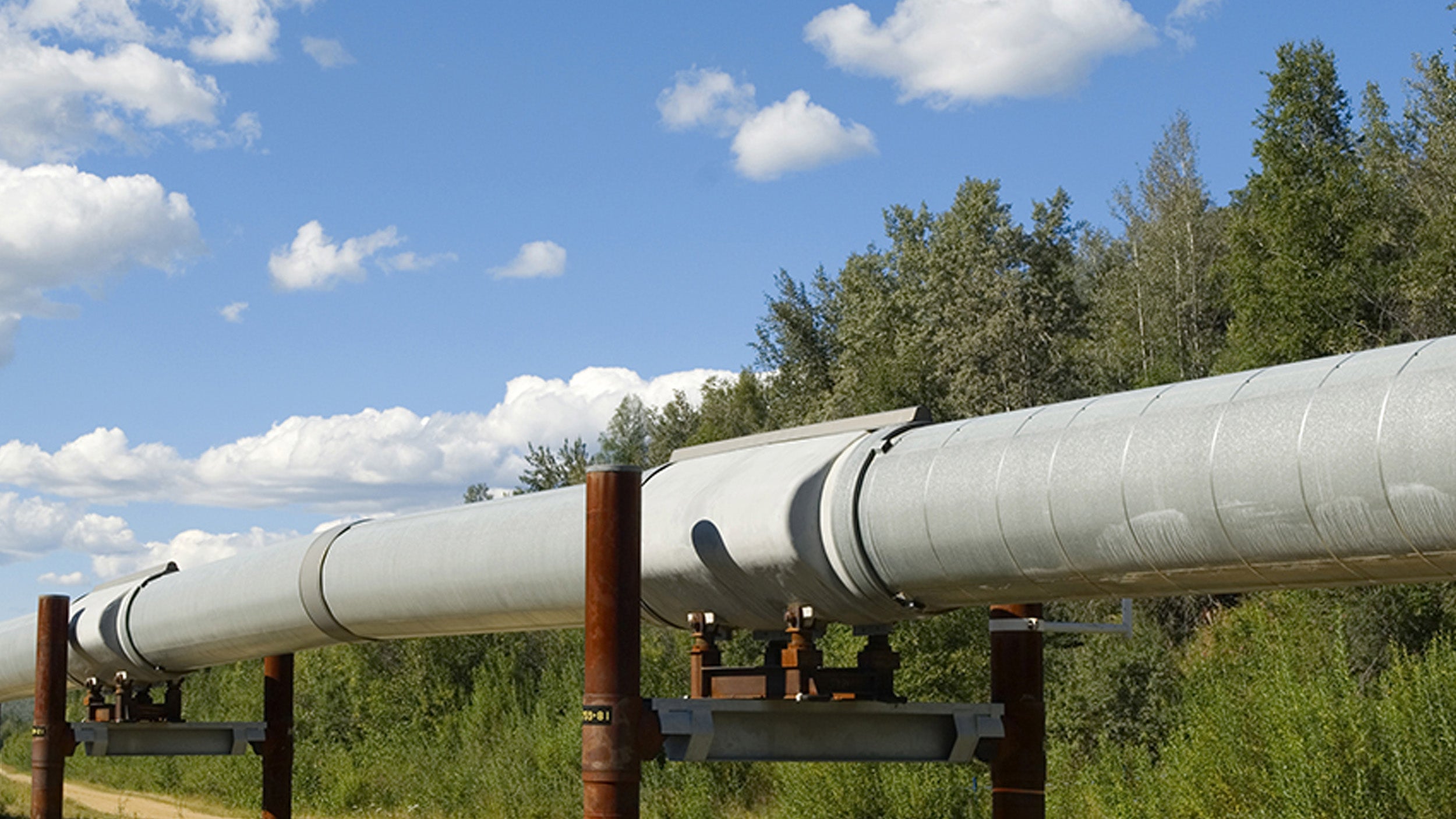 Search
Search
 Search
Search

Specialized technology saves operator approximately $28 million annually
Download PDFOptimize naphtha usage to reduce transportation costs

Colombia

Heavy crude oil is often treated with naphtha to facilitate dehydration during transportation. However, naphtha drives up treatment and transportation costs due to viscosity-related challenges. Treatment and transportation costs amounted to almost $28 million a year for an operator in Colombia and negatively affected their profitability. After unsuccessful results with other options, the operator turned to Halliburton for our emulsion breaker expertise and technology.
Halliburton proposed a tailored technology to the operator that replaces traditional demulsifiers. The proposed emulsion breaker consists of new molecules created through innovative synthesis and alkylation processes to help efficient dehydration under high-viscosity conditions.
Decrease in stored crude oil volume
Saved of naphtha needed for oil dehydration
Annual savings
After the application of the emulsion breaker, the naphtha injection volume decreased by 15% to 20%. The overflow of the gun barrel maintained the required 0.5% basic sediment and water (BS&W). During an 11-week period, the operator reduced naphtha dilution from 9.4% to 7.4% and saved 21% of the naphtha needed for oil dehydration. The operator pumped 400-500 fewer barrels of water per day (BWPD). This saved them $2.8 million per year. The reduced naphtha use translated to a gross savings of more than $75,000 per day or nearly $28 million a year. In addition, crude oil volume stored in treatment stations decreased by 15%.

Prevent and correct midstream failures with Halliburton midstream chemistry, system modeling, maintenance, and optimization.